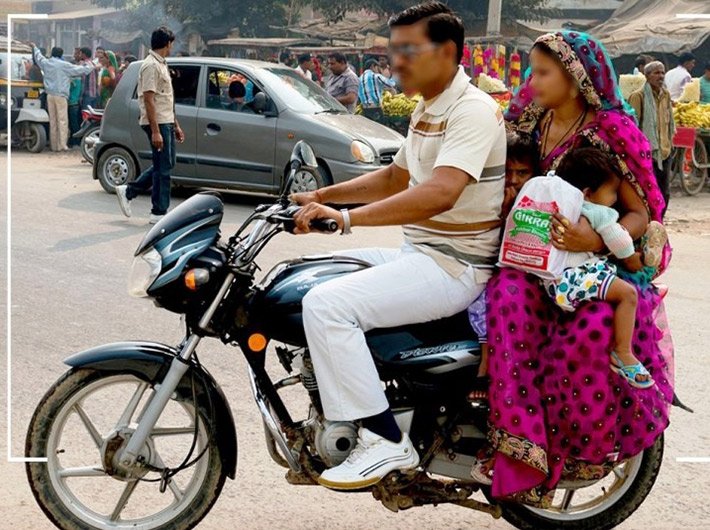Activists write to Gadkari, express concerns at dilution by states

Geetanjali Minhas | December 27, 2019

India has strongly urged developed countries to demonstrate greater climate ambition and honour their commitments. “Developed countries must reach net zero far earlier than current target dates and deliver new, additional, and concessional climate finance at a scale of trillions,
The Department of Atomic Energy (DAE) and Cologenesis Pvt. Ltd have launched ColoNoX, the country’s first nitric oxide-releasing wound dressing, aimed at improving treatment outcomes for patients with diabetic foot ulcers (DFU). Developed by scientists at the Bhabha Atomic Research Cen
The Vedas speak of “Nari tu Narayani” which means woman is divine power incarnate. Bihar’s mandate reflected that wisdom with quiet intensity. Once again, women have proven that they are the real kingmakers of this state. Their overwhelming presence at Nitish Kumar’s rallie
The stunning victory of the NDA in the Bihar assembly elections is largely credited to the women voters who registered a far higher turnout than men, but out of the 243 winning candidates analysed, only 29 (12%) winning candidates are women. Still, this is an improvement over 2020, when out of 241 MLAs ana
The Central Board of Film Certification (CBFC) has officially launched a Multilingual Module on its E-Cinepramaan portal, now fully deployed and live for public use. This development marks a significant step in CBFC’s ongoing efforts to digitize and simplify the film certification process for the Ind
The BJP-JDU coalition is all set to retain power in Bihar. Chief minister Nitish Kumar, whose political future looked hazy to many till recently, has sprung a surprise with a giant victory. The BJP was leading on 89 seats and had won 4, whereas JDU was ahead in 76 after winning 6, accor

